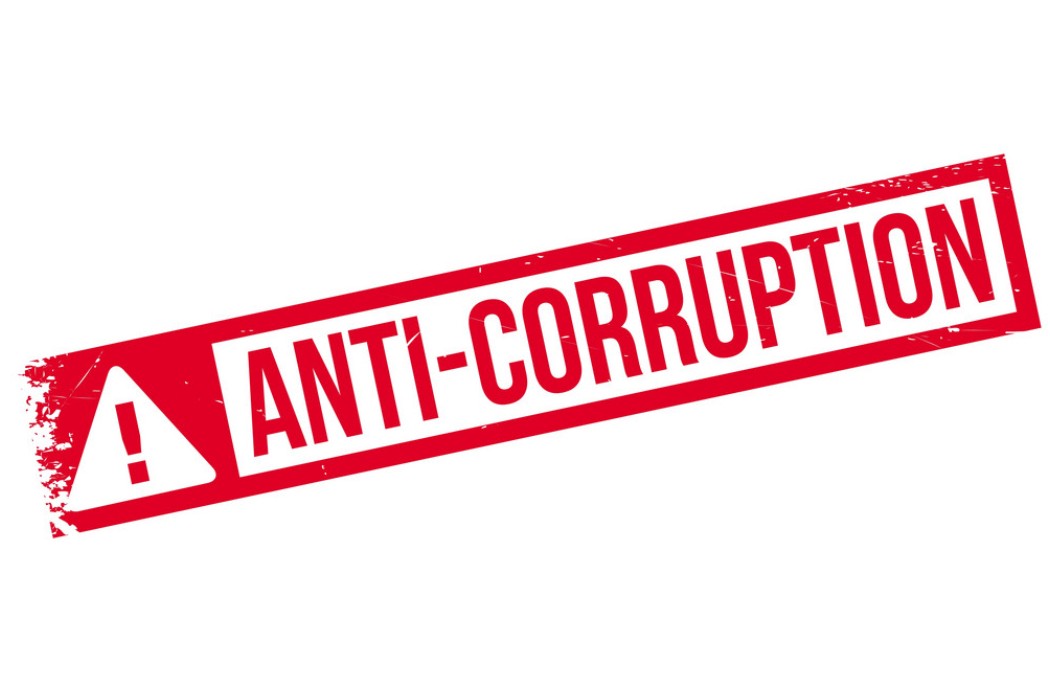Section 17A of the Malaysian Anti-Corruption Commission (MACC) Act 2009 was introduced in April 2018 yet it only came into effect on 1st June 2020. The Government gave an extensive 2 year moratorium period for its implementation – but why was that so? Because Section 17A is the game-changer in combating corruption and bribery cases in Malaysia – its aim is to boost integrity and good governance within businesses.
What do you need to know about Section 17A of the MACC Act 2009?
Section 17A of the MACC Act criminalises a commercial organisation for corruption-related actions by associated persons done for the benefit of the organisation. The section states that a commercial organisation is legally liable and is deemed to have committed an offence if a person associated with it corruptly gives, offers or promises any gratification to any person with intent to obtain or retain business or a business advantage for the said commercial organisation.
Accordingly, when an offence is committed by a commercial organisation; its director, controller, officer, partner or any member in the management of the commercial organisation’s affairs will be deemed to have committed the offence, unless it can be proven that the offence was committed without the person’s consent and that organisation has “adequate procedures” in place.
Upon conviction under Section 17A, a commercial organisation may be liable to a fine of not less than ten (10) times the value of the gratification in question or RM1Million, whichever is higher, or to imprisonment for a term not exceeding twenty (20) years, or both.
What defence is available for commercial organisations?
The burden of proof lies with the commercial organisation to prove to the court that “adequate procedures” have been implemented within the organisation. The Prime Minister’s Office (PMO) has issued Ministerial Guidelines on what would be “adequate procedures”. Fundamentally, the guidelines outline the “T.R.U.S.T” principles for the establishment of “adequate procedures”.
T – Top Level Commitment
Top level management needs to ensure full compliance with the applicable laws and regulations regarding anti-corruption. Top level commitment is likely to include the communication (both internally and externally) of the organisation’s anti-bribery stance and an appropriate degree of involvement in developing anti-bribery procedures compliance.
R – Risk Assessment
Commercial organisations need to conduct risk assessments to identify and address potential risks and mitigate them. The PMO Guidelines recommend a full risk assessment in every three (3) years and the implementation of adequate policies for anti-corruption and bribery.
U – Undertake Control Measures
Control measures should include appropriate due diligence and proper reporting channels. Due diligence should not only include measures carried out prior to entering into a relationship but may also involve continued monitoring of associated persons and existing relationships.
A commercial organisation should have a dedicated reporting channel within the company to specifically deal with complaints/reports of corruption or bribery acts in relation to the organisation.
S-Systematic Review, Monitoring and Enforcement
Regular reviews by top level management are necessary to monitor the efficiency and effectiveness of established policies and procedures. The reviews will not only help to improve its effectiveness, but also ensure that there is proper enforcement.
T -Training and Communication
Training is important to ensure that policies and procedures are understood and applied by employees within the company. Communication includes internal communication – focusing on the implementation of policies and procedures; and external communication – such as providing policies and procedures to associated persons and to the general public. This is commonly done by having the existing policies and procedures available on the organisation’s official website.
Conclusion
There are possibilities that your company may go beyond the guidelines provided by the PMO to ensure that the company and its management are well protected under the statutory defences in Section 17A. Establishing anti-corruption and bribery policies and procedures in your organisation may seem heavy to commit, but they are vital to protect the organisation, directors and management from being prosecuted and convicted for corruption.
